Frequently asked questions
TOPICS
- General FAQ
What is this case about?
Experian encourages consumers to sign up for its free credit protection service, CreditWorks, in hopes that consumers will then pay for additional credit monitoring and repair services through Experian. Under federal law, Experian is required to use reasonable procedures to ensure that credit reports are accurate and to reasonably investigate disputed items on a credit report. Experian is also required to investigate disputes sent through the Consumer Financial Protection Bureau website. Despite representing to consumers that enrolling in CreditWorks guarantees additional protection against unauthorized, erroneous, or fraudulent items appearing on the consumer’s credit report, we believe Experian has not properly investigated legitimate disputes. We are pursuing private arbitration claims against Experian on behalf of consumers who enrolled in CreditWorks and have had a legitimate dispute rejected by Experian. Successful claimants could be entitled to up to $1,000 for Experian’s failure to use reasonable procedures to ensure that credit reports are accurate, up to $1,000 per rejected dispute, and additional money damages depending on the claimant’s state of residence.
How do I qualify for this claim?
You can qualify for this claim if you have an Experian CreditWorks subscription and you disputed a fraudulent or misleading item on your credit report with Experian.
How are consumers harmed?
When unauthorized, erroneous, or fraudulent items on a consumer’s credit report go uninvestigated and uncorrected, they continue to damage the consumer’s credit through no fault of their own. Tens of thousands of consumers have spent time carefully following dispute procedures only to receive a boilerplate response without a true follow-up investigation. Errors in credit reports can lead to harm, including: loss of credit offers, higher interest rates, and difficulty qualifying for credit.
What is the Fair Credit Reporting Act?
The Fair Credit Reporting Act ("FCRA") is a United States law that protects consumer credit information collected by consumer reporting agencies such as credit bureaus, medical information companies, and tenant screening services. You can read more about your rights under the FCRA here. In addition to regulating companies that utilize consumer credit information, the FCRA also regulates national consumer reporting agencies ("NCRAs") like Experian. It requires that an NCRA, upon receipt of a legitimate consumer dispute, investigate the disputed credit item within 45 days.
What is a national consumer reporting agency?
A consumer credit reporting agency is any company that collects consumer credit data and reports that data to businesses for certain permissible purposes. In the United States, three consumer credit reporting companies are nationwide credit reporting agencies (“NCRAs”): Equifax, TransUnion, and Experian. Experian, like TransUnion and Equifax, is a for-profit business that profits from selling your credit information to other businesses, and from selling additional services to consumers like credit monitoring and repair.
How common is this practice?
Recently, the Consumer Financial Protection Bureau found that the NCRAs are failing to substantively respond to most consumer complaints filed with the CFPB by rejecting over half of the disputes submitted since 2020 with boilerplate form letters—harming consumers and businesses in the process. Experian even failed to respond to complaints submitted through the CFPB website. You can read the CFPB’s letter and the study here.
Why arbitration?
Many consumer agreements or services have mandatory arbitration provisions in their agreements and/or terms of use, along with class action waivers. You probably signed these agreements, such as with banks and credit card companies, even if you’ve never seen them or do not remember. They are also found in many online click-through agreements, such as travel, shopping, gaming, or entertainment sites. These clauses not only require you to arbitrate your claim, but to do so individually.
Am I signing up for a class action?
No, this is not a class action lawsuit. Your individual arbitration claim will be decided on its own facts, which is why we ask for more information than is normally required when signing up for a class action settlement.
How do your fees work?
Our fees will be a percentage of the settlement or recovery we obtain for you. That amount will depend on the rules in the state you live in. We only receive a fee if you win, and you will never owe us any money.
Do I have to appear in person for arbitration?
Most of the time, arbitration can be conducted either by telephone or through documents provided by you and the company.

